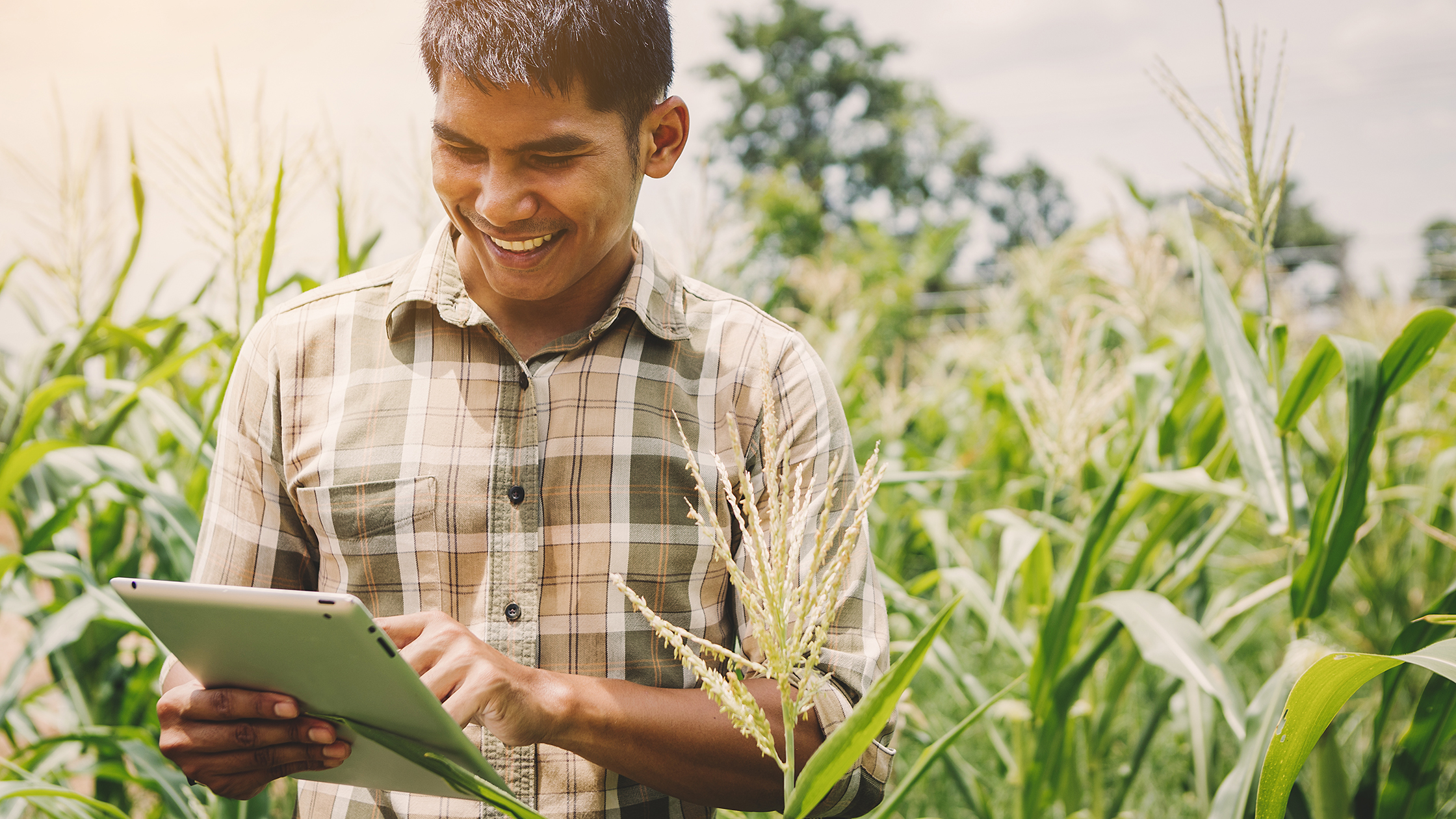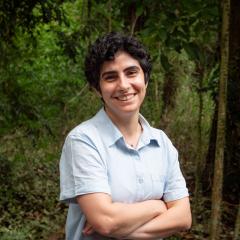Tapping into a technology already widely used for other reasons is one of the ways a leading agricultural company is helping to improve the livelihood of its smallholder farmers.

Farmers in India are keen users of mobile phones so it was a logical step for Maharashtra Hybrid Seeds Company Private Limited (Mahyco) to embrace this near-ubiquitous technology (an estimated 800 million users in India) to interact with its growers and help bolster their incomes.
Mahyco director and chief technology officer, Dr Usha Zehr, has used various technologies and tools, including biotechnology, to improve seed quality and productivity, and she says the company’s decision to embrace digital technology has become an extension of this.
As a keynote speaker at the 2019 TropAg International Conference from 11-13 November in Brisbane, Dr Zehr will speak about the ways the company hopes to improve grower access to markets via digital platforms such as smartphones. She will also outline knowledge gathered from Mahyco’s 50 years in agricultural R&D.
The company was founded in 1964 to empower Indian farmers by enhancing productivity. It focuses on seed research and development, production, processing and marketing. It is now working on a digital platform to aid on-farm decision-making.
Dr Zehr says Mahyco’s farmers already use the company’s app – from planting to harvest. “At each step they can request services, send photos if disease appears, check the quality of the produce they deliver, and further payments into their bank account. It is also helpful when purchasing inputs: they can see the product offerings on their device and then choose what they need.”
Digital platforms that provide information on weather, soil health, carbon status, predicted yield, financial transactions or market opportunities are also being delivered to farmers in local languages, helping with decision-making.
However, Mahyco is taking this further and is working on a way for farmers to access commercial grain prices at local markets. This could improve on-farm decision- making and boost incomes.
While embracing Indian farmers’ uptake of digital technology will help contribute to improving livelihoods, Dr Zehr says she cannot overstate how important more ‘traditional’ agricultural R&D is too.
She says Indian farmers, like others in tropical areas, are facing climate uncertainty. “Rainfall is the most critical challenge, followed by other abiotic stresses.”
Dr Zehr says this year showed how important research is for Mahyco’s farmers. “In some areas we had too much water. However, making rice tolerant to submergence for up to 15 days is one of the ways research is saving those crops. Through the simple use of molecular markers, varieties and hybrids are being developed to face this challenge.”
With long product development cycles for new varieties – of five to seven years – she says researchers cannot be complacent. “If we are and do not invest, we will suffer the consequences down the line. And we have to keep in mind the challenges of dynamic climate conditions, sustainability and, most importantly, production. We have to ensure farmers are producing enough while creating economic opportunities, so they thrive and improve their livelihoods.”
Media enquiries:
- Margaret Puls – m.puls@uq.edu.au Tel: 0419 578 356
- Carolyn Martin – Carolyn.martin@uq.edu.au Tel: 0439 399 886
More information: www.tropagconference.org
- About TROPAG – the world’s premier international tropical agriculture research conference
View the TropAg 2019 program | Full and Day Registration options



